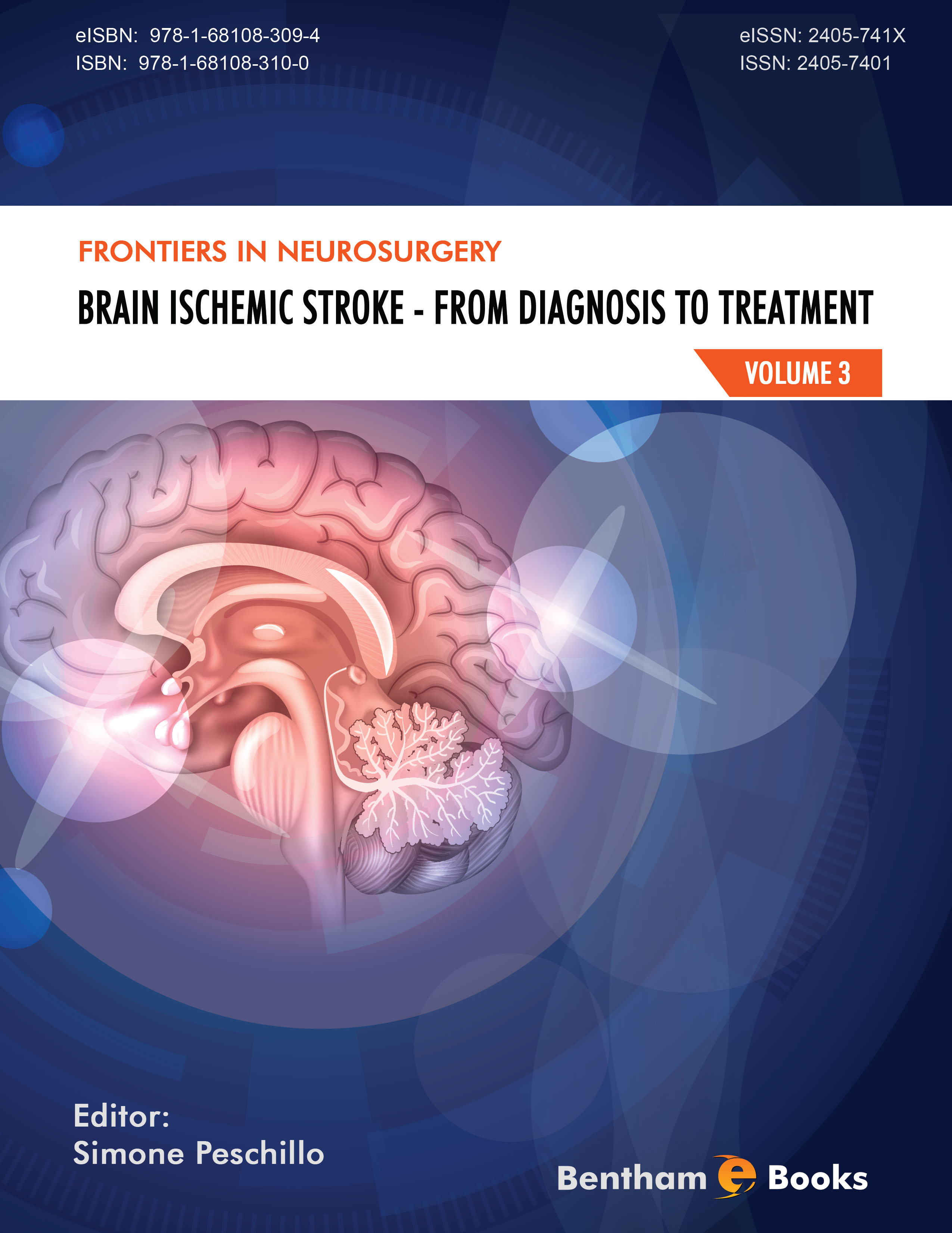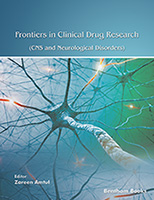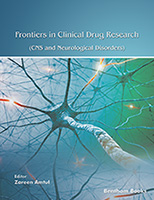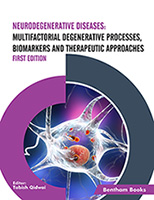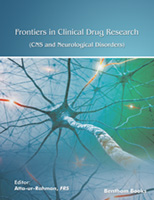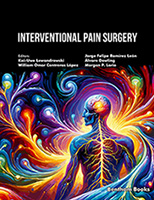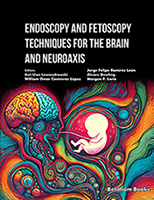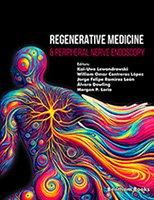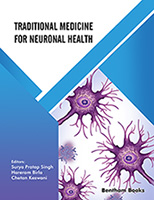Introduction
Stroke is thought to be the second biggest killer worldwide, and is responsible for over 5 million deaths per year. Several strategies have been developed to enhance treatment of stroke patients. Multimodal neuroimaging allows physicians to diagnose and evaluate not only the ischemic core but also the vessel pattern and collateral status. Stroke Treatment involves extensive intravenous drug administration. Several new drugs with long lasting efficacy are now being tested in randomized clinical trials. In this context, endovascular treatment is a promising avenue that allows physicians to treat patients in extended time windows especially patients in whom intravenous RTPA has failed. A new era has emerged with new devices called stent retrievers and aspiration techniques, which have demonstrated higher rates of recanalization and clear superiority over previous devices employed in RCTs.
The third volume of Frontiers in Neurosurgery presents updated information on ischemic stroke treatment. The volume comprehensively covers the epidemiology, physiology, diagnosis and treatment modalities of stroke. Readers will also find key information on diagnosing and treating rare and lesser known causes of stroke as well as notes about new devices and medical procedures to combat ischemic stroke. This volume is a useful resource for neurosurgery specialists as well as nurses, physiotherapists and caregivers.

